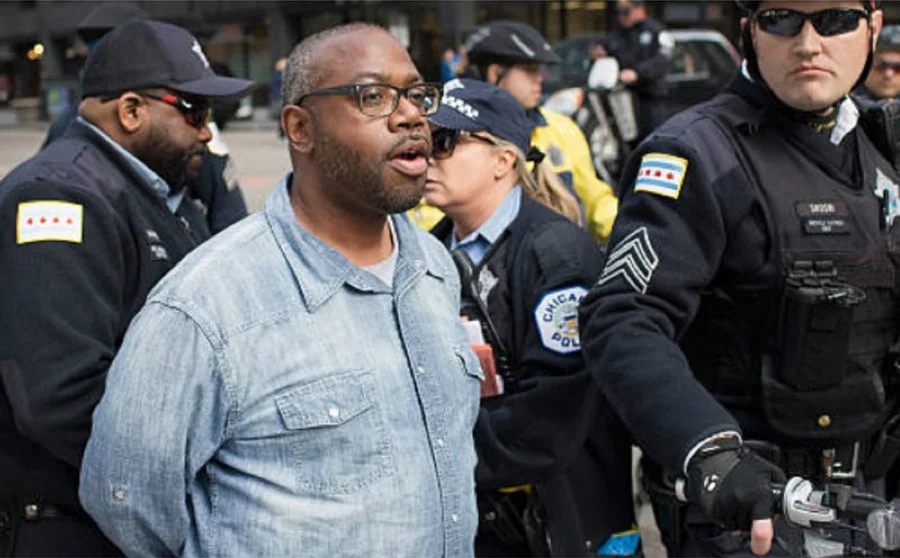
Introduction text of Impact category in Article
Illinois’ 2026 budget was a crucial test of the state’s willingness to fight the ongoing federal attacks on our social safety net and the basic rights of our residents. Unfortunately, lawmakers failed to deliver a bill to protect Illinois from potentially devasting cuts to Medicaid and other essential programs that support low-income families.
Audra Wilson took over as president and CEO of the Shriver Center five years ago this month. In her essay, Audra reflects on her tenure, which began as two transformative forces collided in real time: the COVID pandemic and the George Floyd uprisings.
Nearly 50 people gathered in Concord, New Hampshire for "Justice in Housing: New England," a unique opportunity to elevate a region that's often drowned out of the national discussion about housing.
Despite the challenging climate, our advocates are working tirelessly to win support for our legislative agenda for Illinois, which envisions a state where everyone can thrive. While it’s impossible to predict how the legislative and budget processes will play out, we’re ready to meet the moment.
Proposed budget cuts threaten fair housing enforcement, putting millions at risk of discrimination and instability. By slashing funding for frontline organizations and gutting HUD’s enforcement capacity, these changes would make it nearly impossible to hold bad actors accountable. At the Shriver Center, we’re fighting back — through legal advocacy, state-level solutions, and coalition efforts to protect people’s rights to safe, stable housing.
The Shriver Center's Hana Urban spoke to Stephanie Altman, director of healthcare justice and senior director of policy, to discuss what cuts to Medicaid could mean for Illinois and lessons from the first Trump administration.